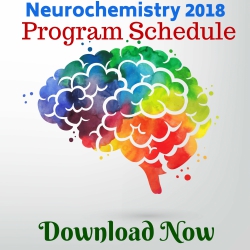
Nikolaus Blatter
University of Innsbruck, Austria
Title: The effect of the C.O.M.E program for people with mental and/or drug disorders to live a more independent life
Biography
Biography: Nikolaus Blatter
Abstract
In Austria many service provider offers a home treatment service. However, in most concepts housing depends on treatment. The innovation of the home treatment service in Vorarlberg since 2015 is that the home treatment is separated from housing. The long term-study started in the year 2016 and includes 52 probands from four service providers which offer a hometreatment for people with mental or drug disorders and other social needs. Based on the theoretical foundation of Housing First and Treatment First we developed the C.O.M.E Program which contains Cooperation, Observation, Mutual-support and Evaluation. The focus of the study is to evaluate if the C.O.M.E Program supports the service provider in their (daily) carework and secondly, if it detects the individual-focused care supports the clients to gain a life with more autonomy, increase permanent housing, decrease stays in hospital, improve a long-term mental stability and encourage them in the development of alternative assistance for mutual support. To implement the program it was necessary to introduce the service provider into the theoretical, differences and practical aspects of Housing First, Treatment First and the purpose of the C.O.M.E Program. A crucial part of the data collection is done by the assessment sheet which is scored at least one time a week and correspond with the hometreatment basic learning skills which the caregiver try to convey the clients. For further analysis the items of the assessment sheet are combined to four dimensions: houshold management, personal hygiene, activity (social), psychosocialstability. Over a time-period of 40 weeks we found that continuous abstinence from drugs and alcohol is another important criterion for a better cooperation between client and caregiver, but it is not necessarily a requirement to get a care-giversupport. The execution is designed and conducted that the clients are demanded as much as possible and as less as necessary in their daily life. Finally, it is necessary to keep the contact, even if the client denies the contact.

